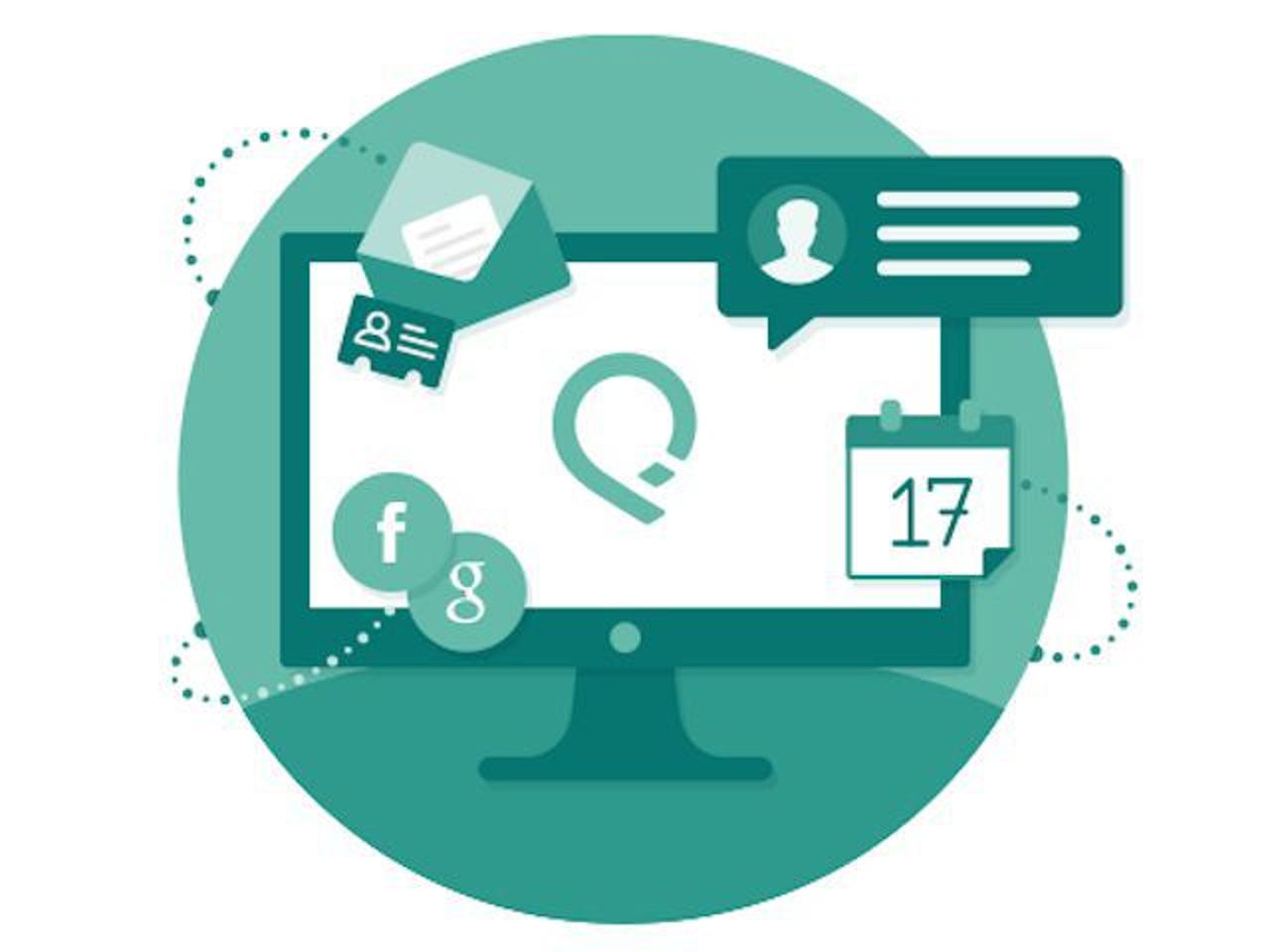Q&A: How RelateIQ is filling the CRM gap for SMBs


For RelateIQ, building a data-driven platform for small businesses was always the intention.
Founded in 2011, the Palo Alto-based startup armed itself with a portfolio focused on relationship intelligence and began its journey into the gray area of CRM -- the place where market maturity didn't exist -- SMBs.
In a nutshell, the RelateIQ platform captures sales data from email, calendars, smartphone calls and social media to provide business and sales insights in real time.
With its unique blend of big data and productivity tools, RelateIQ easily earned the backing of Silicon Valley investors, and eventually, it caught the attention of CRM behemoth Salesforce.
Salesforce, having long been criticized for harboring an analytics gap, acquired RelateIQ last July for $390 million.
Now under the Salesforce umbrella, RelateIQ has the freedom and capital to build out its portfolio even further, but it's not straying far from its SMB roots. I recently caught up with RelateIQ co-founder and CTO Adam Evans to talk about life after Salesforce and what his company has to offer small businesses.
Why SMBs? "We have focused on SMB because we want to eliminate small tasks, and we want the user experience to be easy and intuitive," Evans said. He went on to explain that RelateIQ's platform prefers to focus on well-designed apps with specific purposes, as opposed to Swiss Army knife, do-everything apps. "Our apps have sort of an Apple style with a handful of variants. That is what allows us to focus more on the SMB market."
Featured
How do you differentiate? Because RelateIQ designs with SMBs in mind, by nature it has some pretty significant differences to CRMs geared toward the enterprise. Most notable is its setup time, which Evans said is seconds. "With enterprise software you don't use it right away -- it's not out of the box because processes like that don't work for a large enterprise," he said. And then there's the notion of relationship intelligence, RelateIQ's mantra. To put it simply, Evans said the platform's automation creates "little tools and productivity hacks where you feel like you are supported by the software."
What's the SMB/CRM market like now? Overall, Evans said small businesses are becoming more sophisticated, but they want tools that are easy to use. "They want to buy a tool with workflows that maybe five years go you wouldn't think small companies would want to use," he said. "You are seeing the demand on the long tail, that they want those same tools that large and complex organizations are using."
But then on the other hand, there's still an overflowing pool of potential customers that have zero concept of CRM whatsoever. "A lot of our SMB customers are competing with a spreadsheet and the lack of a system," Evans said. "We have to show them the ropes, because a lot don't know this stuff exists.
How's life after Salesforce? At the time its acquisition was announced, there was plenty of commentary as to why RelateIQ, a young, promising startup with so much potential, would agree to sell so early on. But the company did its homework and knew how to play the game, and once Salesforce expressed interest in buying them, Evans said "it was an indication that we had features that Salesforce didn't."
Now more than six months later, Evans still describes the union as a positive one. "The executives at Salesforce are seasoned vets, and to have conversations and brainstorm with them has benefited us. Their brand has helped us, and it has excited our customers."
Looking ahead, Evans said RelateIQ is focused on building a next-generation CRM system that's in tune with market trends and demands.
"The new ante is going to be having a CRM with tools that go beyond the sales managers, that makes sales reps better," Evans said. "That is the extension of the traditional CRM model, that wherever sales reps are, we have to build tools that make them better and that they want to use."